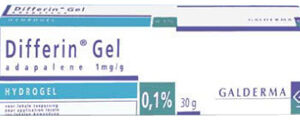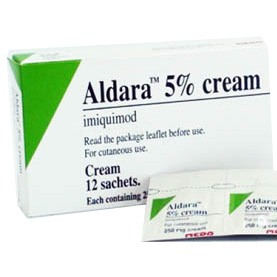Introduction to Prednisolone
Prednisolone is a synthetic corticosteroid that mirrors cortisol, a naturally occurring hormone produced by the adrenal glands, essential for managing stress and inflammatory responses in the body. Renowned for its potent anti-inflammatory and immunosuppressive properties, Prednisolone is crucial in the management of a wide range of medical conditions, providing relief and control over symptoms.
Indications and Uses
Prednisolone is indicated for the treatment of a diverse array of conditions that involve inflammation and an overactive immune system. It is commonly prescribed for autoimmune diseases such as lupus and rheumatoid arthritis, as well as for managing severe allergies, asthma, and certain skin conditions. Additionally, Prednisolone is used in oncology to treat certain cancers and to prevent organ rejection in transplant patients.
Dosage and Administration
The dosing regimen of Prednisolone varies significantly based on the specific condition being treated, as well as the patient’s age, weight, and overall health. Treatment typically begins with a higher dose, which is gradually tapered off to minimize potential side effects. Prednisolone is available in oral tablets, liquid forms, and as an injectable, offering flexibility in administration according to patient needs. Oral doses should be taken with food to help reduce gastrointestinal side effects.
Eligibility for Treatment
Prednisolone is suited for individuals needing treatment for conditions associated with excessive inflammation and immune system activity. It is critical that patients discuss their complete medical history with their healthcare provider before starting treatment, particularly if they have had recent infections, diabetes, high blood pressure, or a history of bone or eye disorders.
Contraindications
Use of Prednisolone is contraindicated in patients with known hypersensitivity to the drug, existing systemic fungal infections, or those receiving live or attenuated vaccines.
Potential Interactions
Prednisolone can interact with a wide array of medications including NSAIDs, blood thinners, and diabetes medications, potentially altering its effectiveness or exacerbating side effects. Patients should inform their healthcare provider about all other medications they are taking to ensure safe use.
Common Side Effects Prednisolone, widely used for its efficacy in reducing inflammation and modulating immune responses, may also bring about a range of side effects that can impact daily living:
- Mood Variability: Users may notice fluctuations in their emotional state, including mood swings.
- Weight and Appetite Changes: There may be an increase in appetite, which can lead to weight gain. Implementing a balanced diet and regular physical activity can help manage this effect.
- Sleep Disturbances: Some individuals might experience difficulty sleeping; practicing good sleep hygiene can mitigate this side effect.
Serious Side Effects While the common side effects are generally manageable, Prednisolone can also cause more significant health issues, which require close attention and management:
- Elevated Blood Sugar Levels: Particularly concerning for diabetics, regular monitoring of blood sugar levels is recommended.
- Osteoporosis: Long-term use can weaken bones, making regular bone density scans advisable.
- Eye Problems: Regular eye exams are important as cataracts and glaucoma are potential risks.
Immediate Concerns Certain reactions require urgent medical intervention:
- Breathing Difficulties: Any onset of shortness of breath or wheezing is critical and should be addressed immediately.
- Signs of Infection: Fever, chills, or other infection indicators should prompt immediate consultation with healthcare services due to Prednisolone’s immunosuppressive properties.
Managing Long-Term Use To safely use Prednisolone over extended periods:
- Regular Medical Reviews: Ongoing management with a healthcare provider is crucial to tailor the dosage appropriately and to monitor for the emergence of side effects.
- Adjustment of Dosage: Dosages should be regularly evaluated and adjusted to the lowest effective dose to minimize risks.
- Preventive Measures: Proactive measures, such as vaccinations (where appropriate) and preventive treatments for bone health, can be beneficial.
Storage and Handling
Prednisolone should be stored at room temperature, away from excessive heat and moisture, in its original packaging to protect from light. Proper disposal of unused or expired medication should be carried out in accordance with local regulations, preferably through drug take-back programs.





Angel (verified owner) –
I love how easy and safe the whole process was.